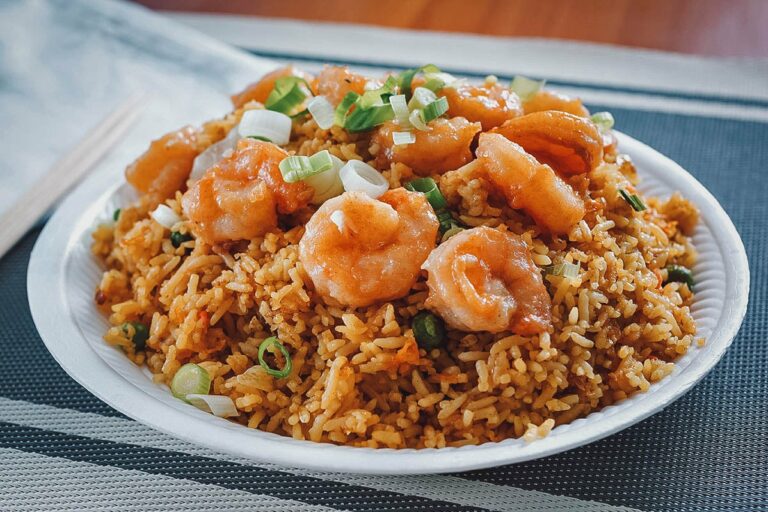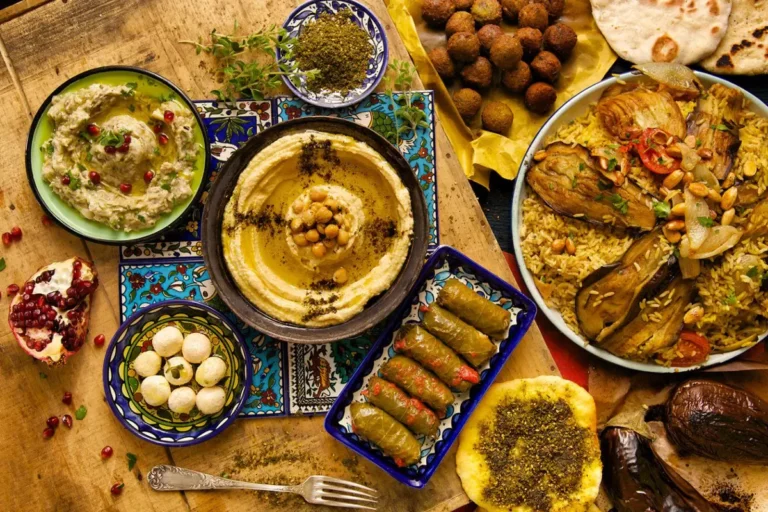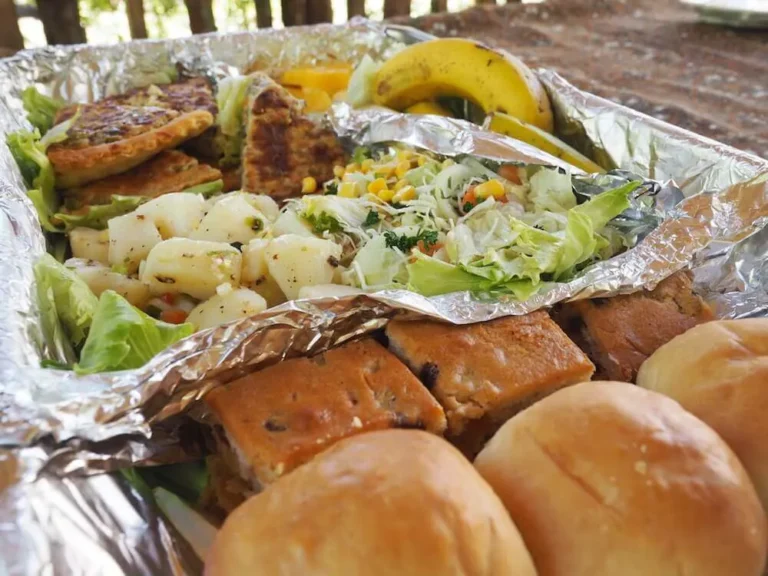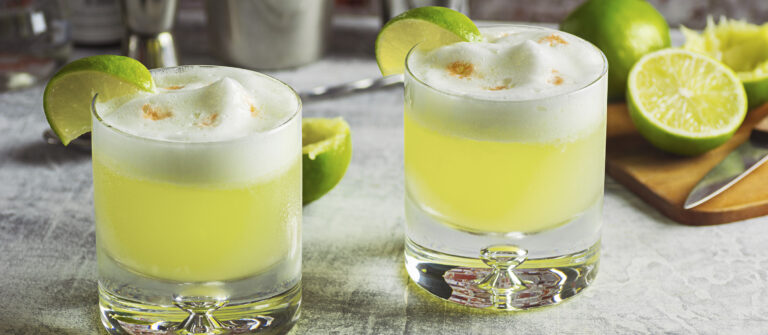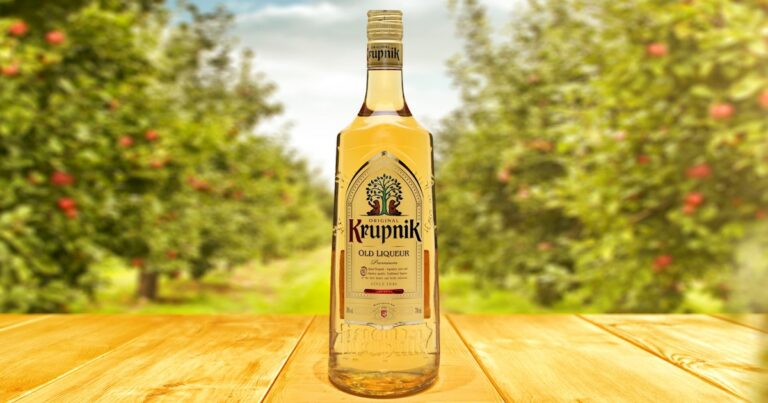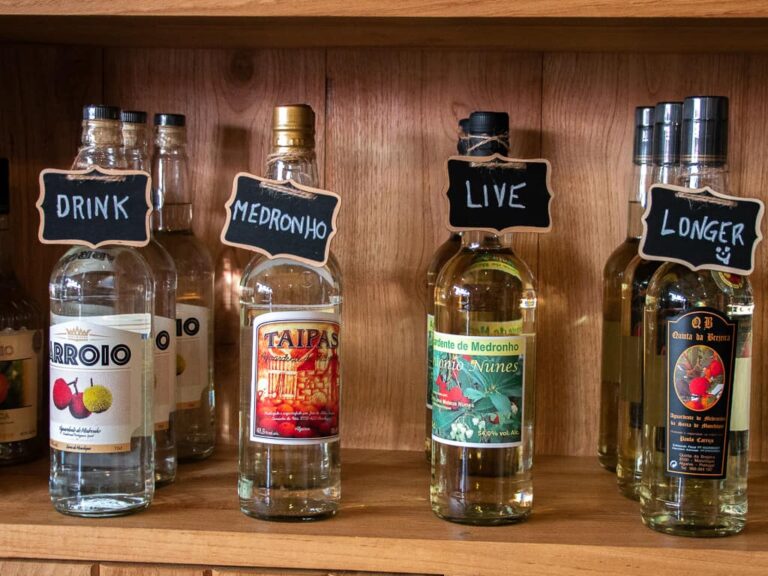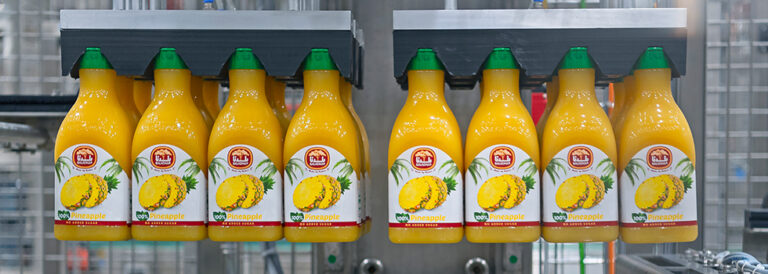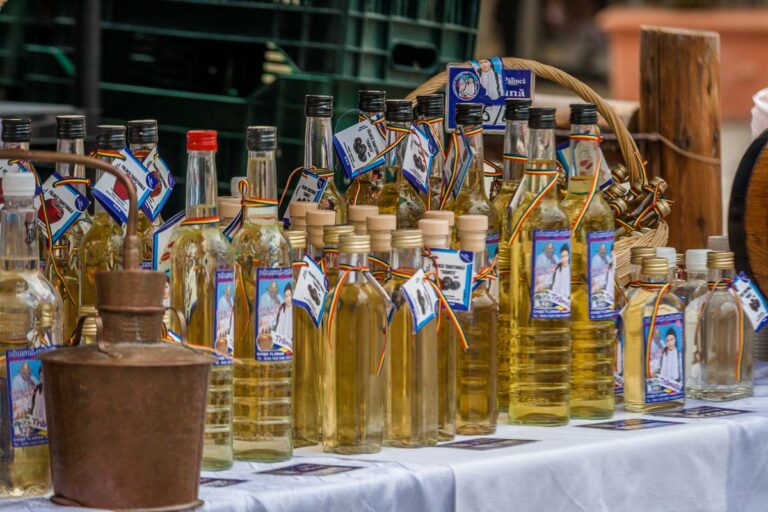Introduction: Exploring the Beverage Culture of Panama
Located in the heart of Central America, Panama is a melting pot of different cultures and traditions. Its unique location between two oceans and its tropical climate have contributed to a rich and diverse beverage culture. From traditional fermented beverages to refreshing fruit juices, Panama offers a wide variety of drinks that reflect its history and geography.
Whether you are a coffee lover, a beer enthusiast, or a fan of exotic fruit juices, Panama has something to offer for everyone. In this article, we will take a closer look at some of the most popular beverages in Panama and explore their history, ingredients, and cultural significance.
Coffee: The National Drink of Panama
Panama is known for producing some of the finest coffee in the world. The high altitude, volcanic soil, and tropical climate of the Boquete and Volcan regions provide the perfect conditions for growing Arabica coffee beans. The most famous Panamanian coffee is the Geisha variety, which is known for its delicate floral and fruity notes and has won numerous international awards.
Coffee is not only a popular beverage in Panama but also an important part of its cultural heritage. Coffee farms have been a vital part of the country’s economy since the late 19th century, and many of them offer tours and tastings for visitors. A cup of freshly brewed coffee is a must-try for any traveler to Panama.
Chicha Fuerte: A Traditional and Refreshing Fermented Beverage
Chicha Fuerte is a traditional fermented beverage made from corn or rice and flavored with fruits and spices. It is popular among indigenous communities in Panama and is often consumed during celebrations and festivals. The fermentation process gives the drink a slightly alcoholic content, but it is usually not very strong.
Chicha Fuerte is a refreshing and flavorful beverage that is perfect for hot summer days. Its ingredients vary depending on the region and the season, but it usually includes fruits such as pineapple, mango, or guava, as well as spices like cinnamon and cloves. It is often served in traditional clay cups and is a great way to experience the indigenous culture of Panama.
Seco Herrerano: A Popular Spirit with a Rich History
Seco Herrerano is a clear spirit that is considered the national drink of Panama. It is made from sugarcane and is similar to rum, but with a lower alcohol content. Seco Herrerano has a long history in Panama, dating back to the colonial era when sugarcane was first introduced to the country.
Seco Herrerano is a versatile spirit that can be enjoyed on its own or mixed with juices or sodas. It is often used in traditional Panamanian cocktails such as the Chichita Panamá or the Ron ponche. It is also a popular souvenir for tourists looking to bring home a taste of Panama.
Refrescos: A Variety of Refreshing Fruit Juices and Smoothies
Panama is blessed with an abundance of exotic fruits such as guanábana, tamarind, and maracuyá. These fruits are used to make a variety of refreshing fruit juices and smoothies, known as refrescos in Panama. Refrescos are popular among locals and tourists alike and are often sold in food markets and street corners.
Refrescos come in a wide variety of flavors and are usually made from fresh fruits, water, and sugar. Some vendors also add condensed milk or ice cream to create a creamier texture. Refrescos are a great way to cool down on a hot day and to explore the unique flavors of Panama.
Cerveza: The Favorite Beer Brands in Panama
Beer is a popular alcoholic beverage in Panama, and there are several local and international brands available. The most popular local brands are Atlas, Balboa, and Panama, which offer light lagers that are easy to drink and refreshing. International brands such as Budweiser and Heineken are also widely available.
Beer is often consumed in bars and restaurants or during social gatherings such as parties and barbecues. It is also a popular accompaniment to traditional Panamanian dishes such as ceviche and empanadas. Whether you prefer a light lager or a craft beer, Panama has a wide variety of options to choose from.
Conclusion: A Taste of Panama
Panama’s beverage culture reflects its history, geography, and diverse population. From the delicate flavors of Geisha coffee to the refreshing taste of chicha fuerte, Panama offers a wide range of drinks that are both delicious and unique. Whether you are exploring the coffee farms of Boquete or sipping a cold beer on the beach, Panama is a great destination for any beverage enthusiast.

